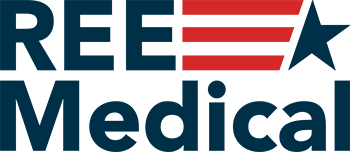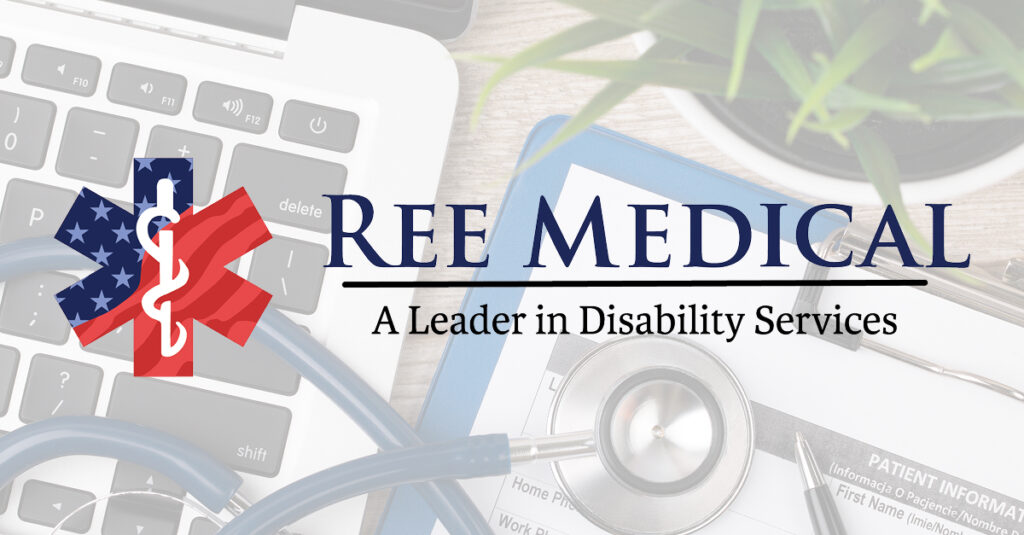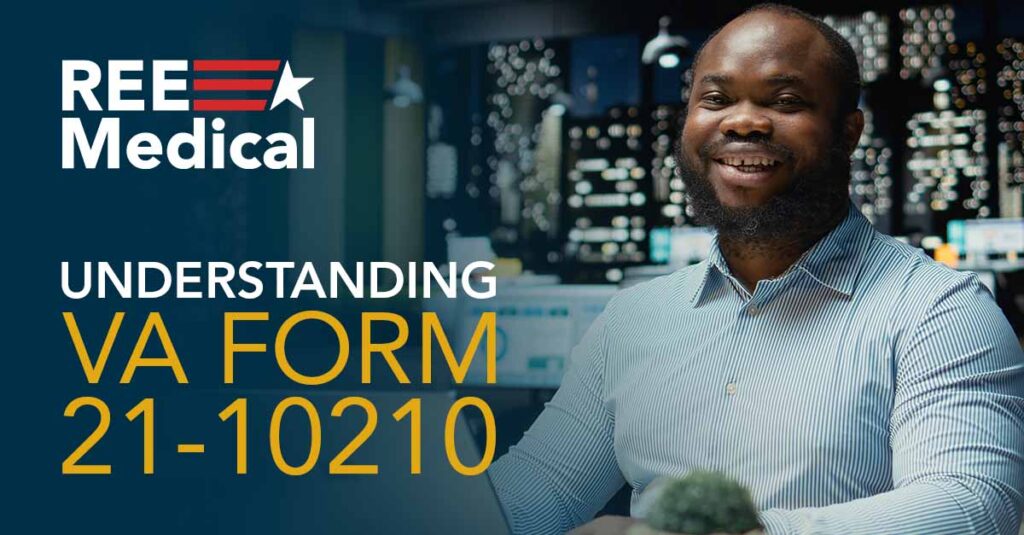Veterans transitioning away from active-duty military life face a unique set of challenges. Unfortunately, many may not expect to encounter difficulties, while others are simply hesitant to seek out support that could provide important opportunities and resources.
Whether it’s establishing financial stability, learning how to apply skills gained in the military to their new environment, or accessing appropriate medical treatments, Veterans can benefit from having a plan to access the support available to them. Seeking this support sooner rather than later can lay the foundation for success and prevent challenges from escalating. The result is a smoother transition and better outcomes for returning Veterans.
The Challenges of Ending Military Service
Leaving the military starts a new chapter filled with both opportunities and hurdles. For many, the transition involves adjusting to a civilian workplace, finding new housing, and developing a new social circle. The military provides a structured environment, and stepping into the relatively unstructured civilian world can be overwhelming.
Moving from a reliable military salary to uncertain civilian employment is also stressful. Veterans must learn to manage their finances differently, potentially facing gaps in employment or adjusting to lower wages.
Social support shifts as well. Military life fosters a close-knit community, and transitioning can lead to feelings of isolation. Many Veterans find it challenging to connect with civilians who may not fully grasp their experiences. Recognizing these emotional and psychological hurdles is essential for a successful transition.
Don’t Wait to Apply for Disability Benefits
Accessing healthcare and benefits is yet another challenge facing returning Veterans. It typically requires navigating complex systems that differ from those in the military. One overlooked aspect of Veteran healthcare is applying for VA Disability benefits. Many Veterans ignore the process due to misunderstandings and frustrations.
These benefits are not only for those with severe injuries such as the loss of a limb or life-threatening illness. Any service-connected condition that impacts quality of life can make a Veteran eligible for benefits. Since a VA disability rating is based on a comprehensive review of all service-connected conditions, a Veteran with multiple disabilities, hearing loss, migraines and scars may be eligible for significant monthly compensation under the VA’s rating system.
Veterans with 90-180 days of active duty service remaining can file a pre-discharge claim rather than wait until after discharge. Applying for disability benefits while still in service has advantages. It allows for a timely evaluation and minimizes delays in receiving support. Veterans should gather all necessary documentation and medical records to strengthen their claims. An early application helps in understanding the benefits available and planning accordingly.
Once a Veteran has less than 90 days left on active duty, they can no longer take advantage of the Benefits Delivery at Discharge (BDD) pre-discharge program. However, they can file a standard or fully developed claim just like any Veteran who is discharged and eligible for benefits.
Regardless, it can take time to complete a VA disability claim and receive a rating decision from the VA. As of September 2024, the average decision time is approximately 145 days. While backpay is often available to Veterans who delay their claim, applying sooner can simplify the process and make it easier to access all the documentation needed to make the most robust case possible.
Plan for the End of Active Duty Service
Due to these timelines and the consequences of delay, planning ahead for VA benefits is a smart strategy that also improves other areas of a transition. Service members should begin developing a plan well before their discharge date. Spending the time to start financial planning, refine employment strategies, and understand how to apply for any disability benefits and resources available is an advantage worth pursuing.
Of course, it’s also critical for Veterans leaving military service to establish a strong support network. This includes family, friends, and organizations dedicated to assisting veterans. Identifying and engaging with these resources early in the transition can provide life-saving emotional and logistical support.
Countless organizations support veterans and their families, with missions ranging from employment to mental health to community involvement. Beyond disability benefits, these organizations are additional resources that can facilitate a smoother transition.
If necessary, consider reaching out to comprehensive support programs from the USO and the American Legion or obtaining mental health support from non-profits like the Veterans Crisis Line and Wounded Warrior Project. Similarly, programs like Team Rubicon and Mission Continues offer many opportunities to engage in meaningful community service.
The Simplest Path to a Fully Developed Disability Claim
However you begin building your plan for post-military life, remember that REE Medical is a leading provider of medical evidence to strengthen VA Disability claims. We have provided over 95,000 Veterans with disability documentation to support their claim. Our services include evidence for Initial Claims by Veterans who have never filed before and documentation for service-connected Veterans pursuing a more accurate disability rating.
Our clients can schedule a convenient and thorough exam with an experienced medical provider. Then, a dedicated staff of quality control specialists reviews the final documentation to ensure it fully and clearly tells the story of their condition to the VA.
There are no hidden fees or commissions to fear. Just a Veteran-focused team committed to getting more Veterans the benefits they earned. Schedule a free consultation with one of our Intake Coordinators to learn more.





